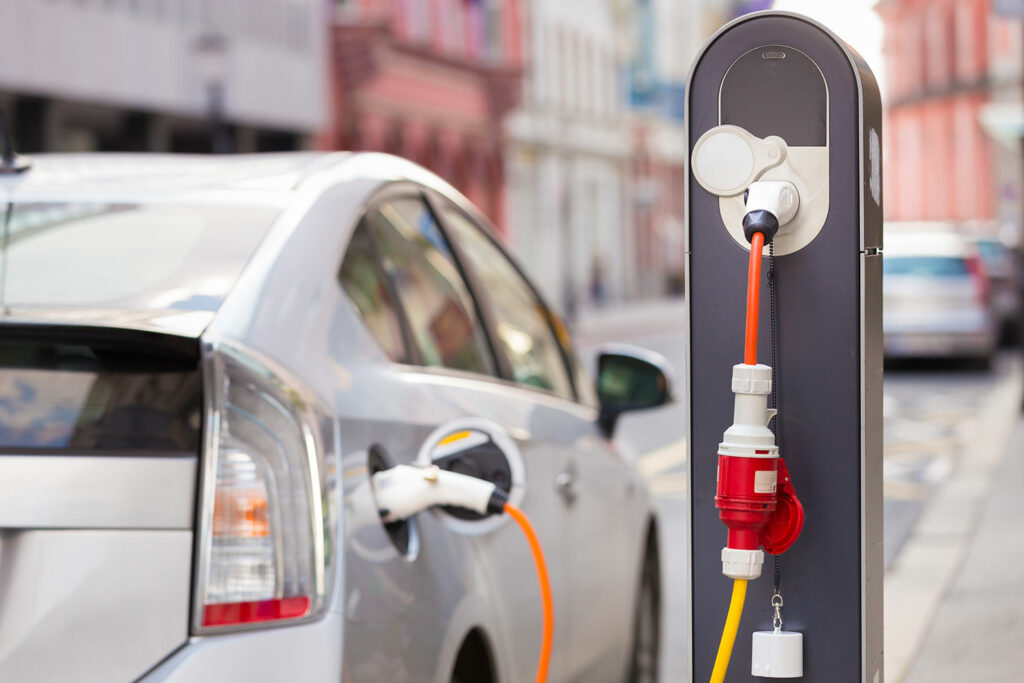With the arrival of Joe Biden to power, the United States has set out a clear path with major investments to boost electromobility and combat climate change. Among the most important goals set by the Democratic administration is to reduce the country’s greenhouse gas emissions by more than one gigaton by 2030.
In addition, the White House has taken action to make it more affordable for consumers to save on their own energy bills with tax credits through, for example, installing solar panels and weatherizing their homes.
Last August 8, 2022, the U.S. Congress passed the Inflation Reduction Act, targeting the areas of taxes, climate and healthcare. The new legislation, endowed with 433 billion dollars, includes subsidies of 7,500 dollars for the purchase of electric vehicles.
The regulation also details that for second-hand vehicles the subsidy will be $4,000. It should be noted that, in terms of price, not all cars will be eligible for subsidies. New vehicles over $55,000 in the case of passenger cars and over $80,000 in the case of vans and SUVs are excluded.
The Sticking Point
Although the law is in line with the policies pursued by the Executive Branch, there is one item that generates friction in the market. The text specifies that, in order to qualify for aid, vehicles must be manufactured in the United States and, as of 2023, those with Chinese components will not be eligible for aid.
Regarding the aforementioned paragraph, the Alliance for Automotive Innovation, which represents the automotive groups in the country, criticized that the requirements for tax breaks for electric vehicles will mean that most of them will not be eligible for subsidies.
In fact, of the 72 electric vehicle models, including 100% electric, plug-in hybrids and fuel cell, 70% will not meet the criteria when the bill is passed and all of them will become ineligible when the additional requirements come into force.
For manufacturers, this is a “missed opportunity at a crucial time,” claiming that the goal of reaching 50% electric vehicle sales by 2030 has been jeopardized.




